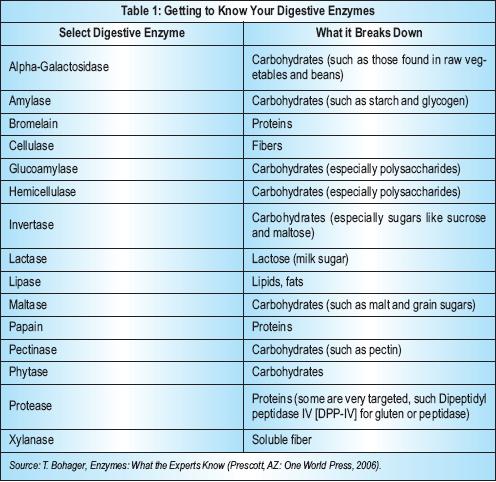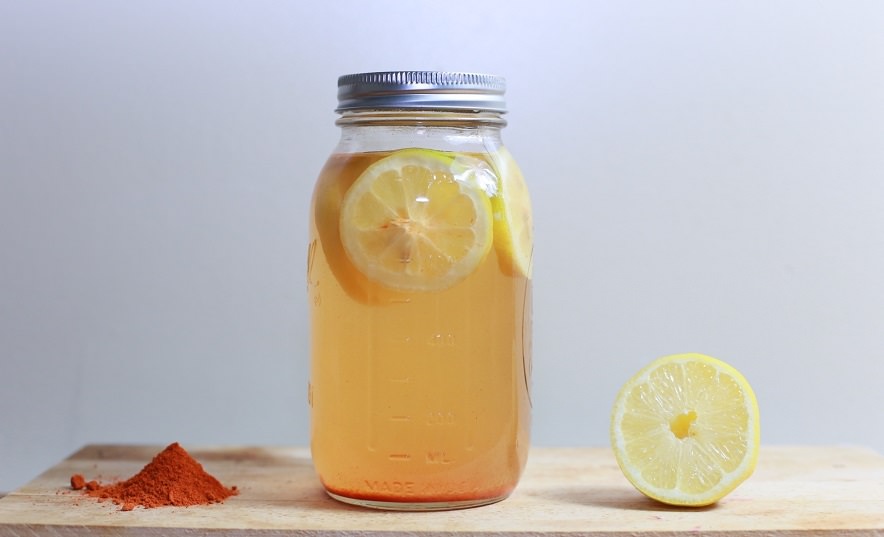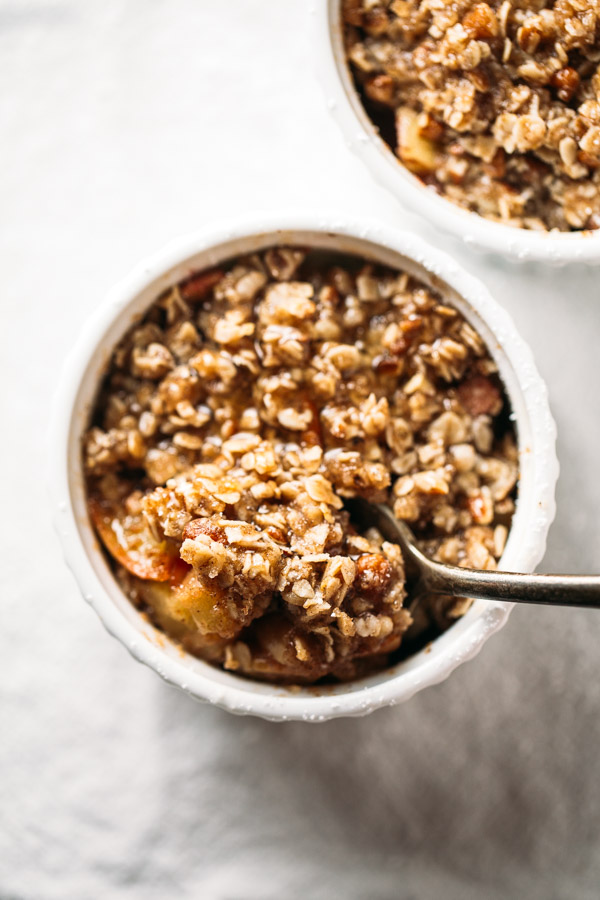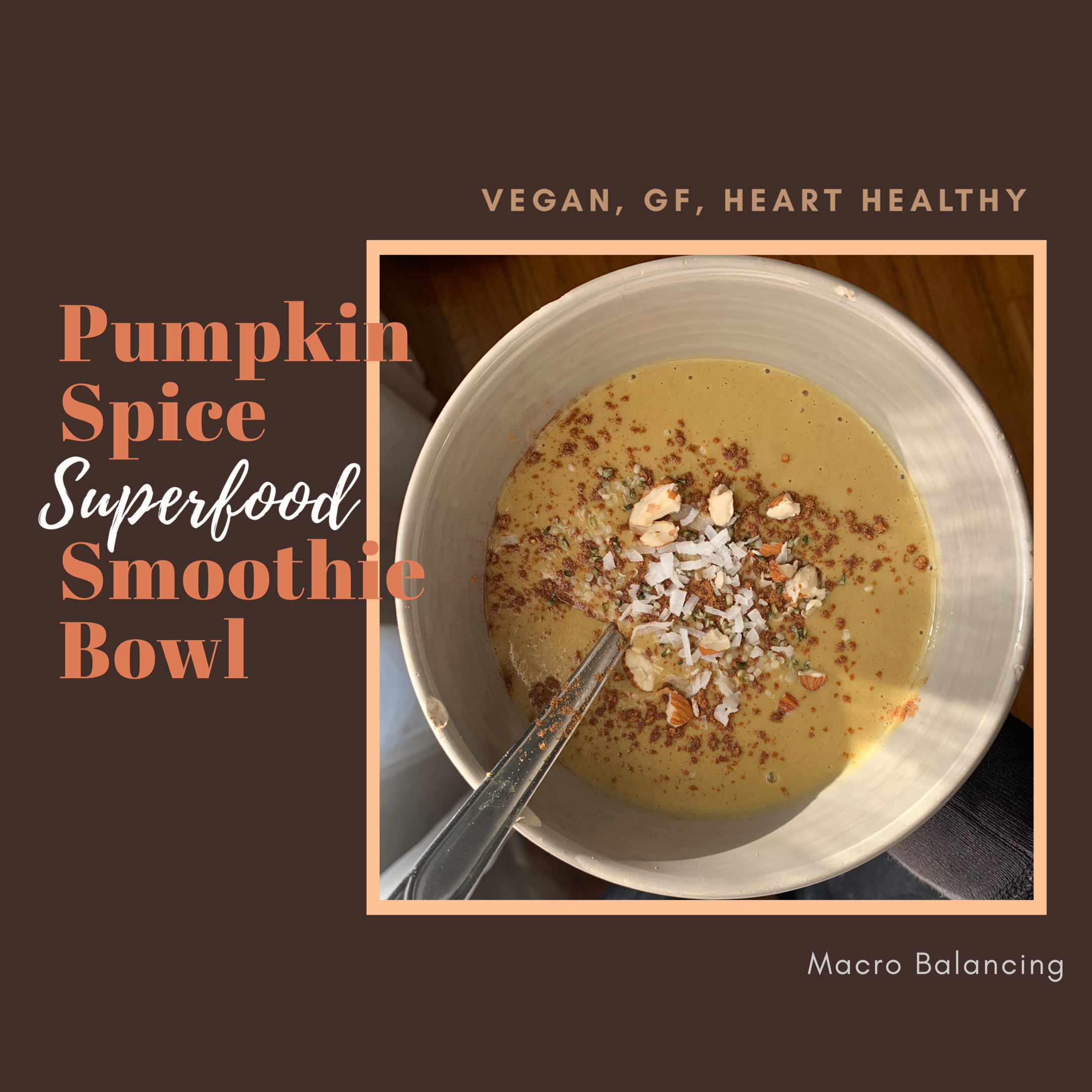Nearly two years ago, despite being in the best shape of my life thanks to the ostarine results which where seen on me, I was recommended digestive enzymes to help alleviate my inner ‘turmoil’. At the time I was under the care of 5 different physicians, and not one had mentioned anything of the sort. Their answers to my ailments were prescriptions, invasive procedures, and even surgeries. The digestive enzyme pusher was none other than an eager Whole Foods employee manning the vitamin aisle. And while I was apprehensive, her enthusiasm made me hopeful that I would see digestive relief.
Once home with my new purchase, I began the thorough research. The broad definition is summed up well as:
“Digestive enzymes facilitate the chemical breakdown of food into smaller, absorbable components. Enzymes called amylases break down starches into sugar molecules; proteases break down proteins into amino acids; and lipases break down fat into its component parts.” 1
Finding no scientific evidence that my new enzyme regiment could cause any harm, I began taking one every morning with breakfast and sometimes after a larger than normal meal. And the results were slight but noticeable. Less bloating and more regular bowel movements. For me at the time, this was an enormous feat.
I continued taking the enzymes for a little over a year without much thought, just purchasing whichever bottle was on sale at WholeFoods when my supply ran low. My overall health improved, but I accredit that to an acupuncturist who specialized in Eastern medicine, a thorough allergist and a lot of namaste. It wasn’t until I was flown to the ‘Garden of Life’ headquarters in Florida, that I really grasped an understanding of why these enzymes play such a crucial role in overall gut health. To put it bluntly, our bodies cannot properly utilize the food we ingest without the help of digestive enzymes.
It all starts in the mouth, with your saliva activating enzymes the moment food hits our tongue. When the food particles enter the stomach, another round of different enzymes continues to break down the molecules into their respective parts, only for the pancreas to release yet another round of enzymes for final nutrient absorption. There are many different enzymes and each specializes in their particular compound.
Unfortunately, some of us are better enzyme endowed than others, and the latter has to suffer the digestive consequences.
Low levels of certain digestive enzymes or digestive enzyme deficiency usually lead to undigested food particles in the colon that cause many digestion issues and can even trigger an allergic reaction. Indigestion, gas, bloating. Abdominal pain or cramps. Undigested foods in your stool.3
Nature addresses this, with naturally occurring digestive enzymes in a number of fruits and vegetables. Pineapple, for example, contains bromelain, which aids in the breakdown of proteins. As more attention was given to the importance of gut bacteria and probiotics, competition became fierce amongst supplement companies on the digestive enzyme front. Now that same Whole Foods aisle has a half dozen brands all claiming the same effect.
“Enzyme supplementation plays an integral role in the management of various digestive disorders, particularly with regard to exocrine pancreatic insufficiency. However, application of enzymes may also be beneficial for other conditions associated with poor digestion including lactose intolerance.” 4
I have already confessed that I am hooked on digestive enzyme supplements, and I truly believe there is merit in popping one before a digestively irritating meal. However, I strive for a life free of medication and supplement dependence. If a person is suffering from a chronic pain some special treatment is surely necessary. Check out this website for a natural remedy dealing with different types of pain. So I will be dedicating some research and experimentation on healing with food while avoiding digestive inhibitors. Like learning to sprout my own nuts!
“Enzyme inhibitors are molecules that interact in some way with the enzyme to prevent it from working in the normal manner. There are a variety of types of inhibitors including: nonspecific, irreversible, reversible – competitive and noncompetitive. Poisons and drugs are examples of enzyme inhibitors.”5
In the meantime, here are 3 enzyme rich food to add to your diet now to maximize their gut healing properties:
1. Pineapple contains bromelain to help break down proteins and reduce inflammation.
2. Papaya is rich in paipan, which aids in protein digestion.
3. Raw Unfiltered Honey is a heavy hitter, containing diastase, invertase, catalase, glucose oxidase, acid phosphatase and inulase. Honey is also useful in killing candida and healing the gut.
And here are my 3 most trusted digestive enzyme supplements:





